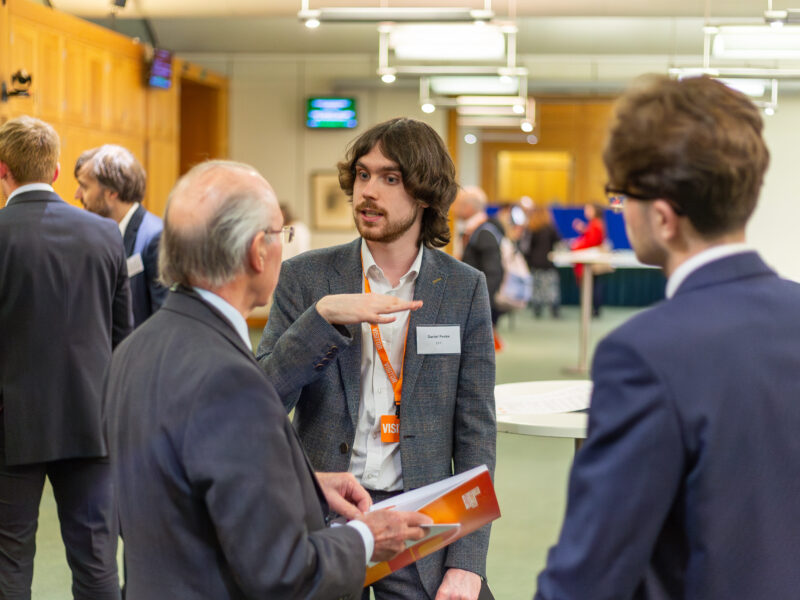
Over 13 million people in England have no access to a local authority crisis support scheme, according to our latest report: ‘The State of Crisis Support – Local Welfare Assistance through Covid and Beyond’.
Our research shows that there are now 32 local authorities no longer offering support with one in five English local authorities not operating a local welfare assistance scheme – while schemes are open to everyone in Scotland, Wales and Northern Ireland.
This means that one in four people in England are now unable to get help with essential furniture and white goods, despite the fact that the cost of furniture has risen by 32% over the past 10 years, and the cost of appliances has increased by 17%.
We sent a Freedom of Information request to every local authority in England to find out about local welfare schemes, and also asked how the additional Covid Government grants were spent, to produce the report ‘The State of Crisis Support’.
Local welfare assistance schemes are delivered by local authorities and provide direct grants to people in a time of need to help with food, fuel and essential furniture items. End Furniture Poverty found that the majority of the additional Covid funding provided by the Government for local welfare assistance was instead used for free school meal vouchers, or redistributed to other types of support such as local foodbanks.
This is our second report examining local welfare schemes. The Postcode Lottery of Crisis Support, published last year, found that there had been an 87% decline in the amount spend on local welfare schemes by local authorities over the past 10 years, due in part of Government cuts. Unlike in Scotland, Local Welfare Assistance in England is not a statutory service so local authorities can close their schemes.
Claire Donovan, Head of Policy, Research and Campaigns for End Furniture Poverty, said: “The additional Government funding provided for local welfare schemes during the Covid pandemic demonstrated that they accept the vital role these schemes play in helping people in a time of crisis.
“Unfortunately, the funding was provided with short notice and tight spending deadlines, so those local authorities who had closed their scheme, did not have the right infrastructure to spend the money on direct grants. This meant many people continued to miss out on urgent support.
“There is a desperate need for adequate, long-term Government investment in local welfare assistance, ringfenced to ensure it is not diverted to other services.”
Reports have shown that investing in local welfare makes excellent financial sense as it saves money in other areas. For example, helping someone with furniture, helping them to avoid the need for high cost credit, can mean they avoid rent arrears which could lead to eviction and the local authority having to pay for temporary accommodation.
And of course, it helps a family to provide a bed for their child, gives them somewhere safe to store their food or prepare a meal. Living without essential furniture items can have a terrible impact on people’s mental and physical health, and their financial and social wellbeing.
Pre-pandemic research by the charity Turn2Us showed that over 4.8 million people are living without at least one essential household appliance, like a cooker or a fridge. End Furniture Poverty expects that figure to much higher after the events of the past two years and with a cost of living crisis looming, the need for help is even greater than ever.
Claire said: “We know from the huge increases in foodbank use that people are really struggling. If they can’t afford food, how can they afford to replace a broken cooker? And with the increase to fuel bills and to National Insurance contributions, along with rising inflation, the need for support is urgent.
“We believe that everyone in the UK should have access to local welfare assistance so we are calling on the Government to commit to a three-year funding settlement of £485m per annum. This will give local authorities the time and certainty to expand on existing schemes, or open new schemes where those have closed.”
February 2022

Dozens of MP’s, Lords, and representatives from various councils and charitable organisations gathered to learn of the cost savings to…
Read more
Providing a package of essential furniture to someone in need creates £6472 of social value according to a report published…
Read more
Thank you to everyone who came along to our webinar on our latest report, The Postcode Lottery of Crisis Support….
Read more